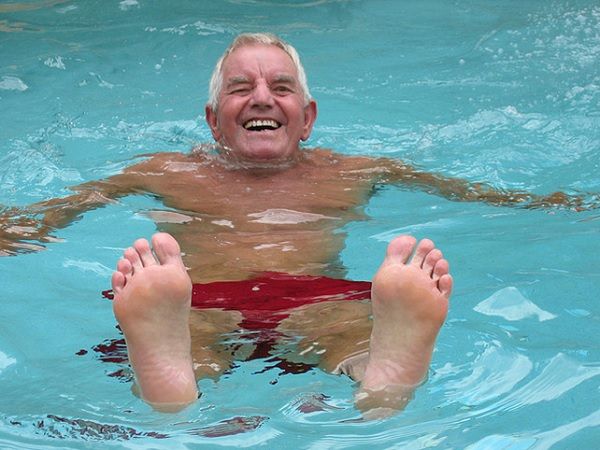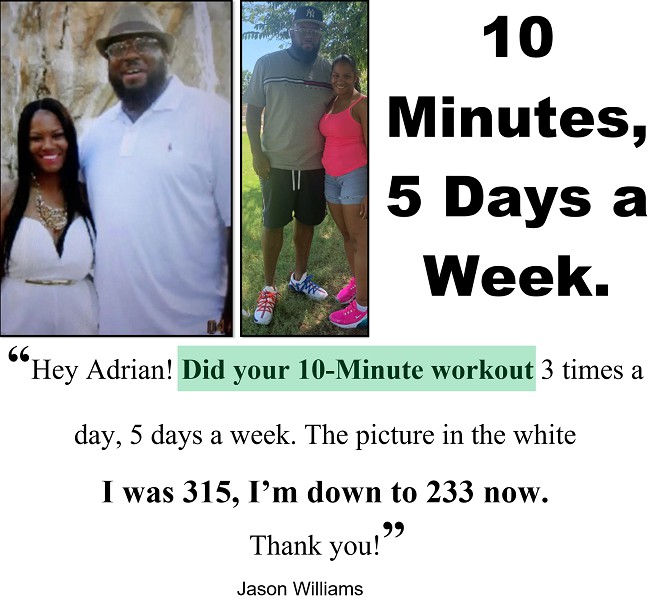Weight Loss Tips for People Over 50

I read a number of articles on NowLoss.com about what to eat, when, how much, and exercise to lose 52 pounds in 2 months at the young age of 62!Jim Elliott
Choosing a proper diet
The first step is to evaluate each diet to confirm whether it is actually good for your health. There is little point in undertaking a diet which allows you to eat all your favorite foods but will not make you any healthier.
The next step is to study each diet and see how practical it is to include in your current lifestyle and level of activity. Your choice of diet will need to be stuck to for the long term and it must be something you are comfortable doing.
Points to be careful of:
- Supplements: No diet should encourage you to take a high level of supplements. The nutrients and minerals you need should be included in the diet food.
- High Protein Diets: High protein diets cause your body to go into ketosis which is akin to starvation. This can place a huge strain on your kidneys, liver and even your brain.
- Food groups: Any good diet should include food from all the food groups. If it advises you to avoid dairy products… Then it is likely to be detrimental to your health in the long term.
- Too Good To Be True: If it sounds too good and promises the earth then walk away! No diet is that good!
- Special Foods: Avoid diets where you're required to buy expensive 'special' foods or meal plans to get & maintain results.
- Credentials: Diets endorsed by medical professionals are more likely to provide good advice. This does not mean any diet endorsed by a professional is good but it does have a better chance of being healthy.
- Rapid weight loss: If you are promised rapid weight loss it is highly likely to involve rapid weight gain later. Your diet must be a healthy eating plan for life; any weight loss will be gradual.
3 Things Seniors Must Have
1. Vitamin D
Vitamin D deficiency is a risk for everyone but can worsen as you get older. It isn't contained in many foods, instead mostly coming from sun exposure.
Having a deficiency can lead to osteoporosis, muscle weakness and arthritis. Taking a Vitamin D supplement can reduce this, and combined with exercise will help you build back your muscles
2. Calcium
Calcium is important for bone health, and above 50s are recommend to consume at least 1200mg a day. This can be a challenge, as with age often comes smaller appetites, so many people choose to take a supplement instead
It's incredibly important to take enough calcium if you're going to start doing exercise. Weak bones increase the risk of fracture.
3. Vitamin C
Vitamin C is an all-round good thing. It's great for your immune system, preventing you from getting all those colds and coughs you dread.
The reason it's vitally important for you to take alongside exercising is it's role in wound repair. Vitamin C creates collagen, a component necessary for healing.
You can take Vitamin D, Calcium and Vitamin C individually or get all 3 in a senior-focused multivitamin. Unless your doctor told you to take Iron… It's probably best taking one that doesn't contain it since it can be risky for seniors.
5 Best Exercises for People Over 50
1. Water-Based Exercise

If you have joint pain, or arthritis, just moving can be a real challenge. Water-based exercise is great for this, as the water will support your body weight meaning far less stress on your joints.
2. Low Impact Workouts
Lower impact workouts (like walking) are also less stressful on your joints.
3. Seated / No-Impact Workouts
You always want to increase your heart rate when you exercise, but not the point where it's struggling. A great way to test this is to talk while you workout so,
- If you can have a conversation easily, then you need to work harder.
- If you're struggling for breath, it's time to slow down.
4. Yoga/Pilates
Yoga or Pilates are great ways for seniors to safely improve flexibility. One of the main advantages of yoga is that it can strengthen your ankles and knees, therefore helping reduce your chance of falling → 10 Yoga Poses to Reduce Belly Fat
5. Tai Chi
As well as yoga, you want to look into balanced-focused exercise. One of the greatest risk of movement loss as you get older is the risk of losing your balance. Tai Chi is perfect for improving your balance.
More Tips
- 90 Day Weight Loss Workout for Beginners
- 35 Ways to Get More Energy
- 9 Ways Seniors Can Gain Back Muscle Mass
- BHRT for Weight Loss
